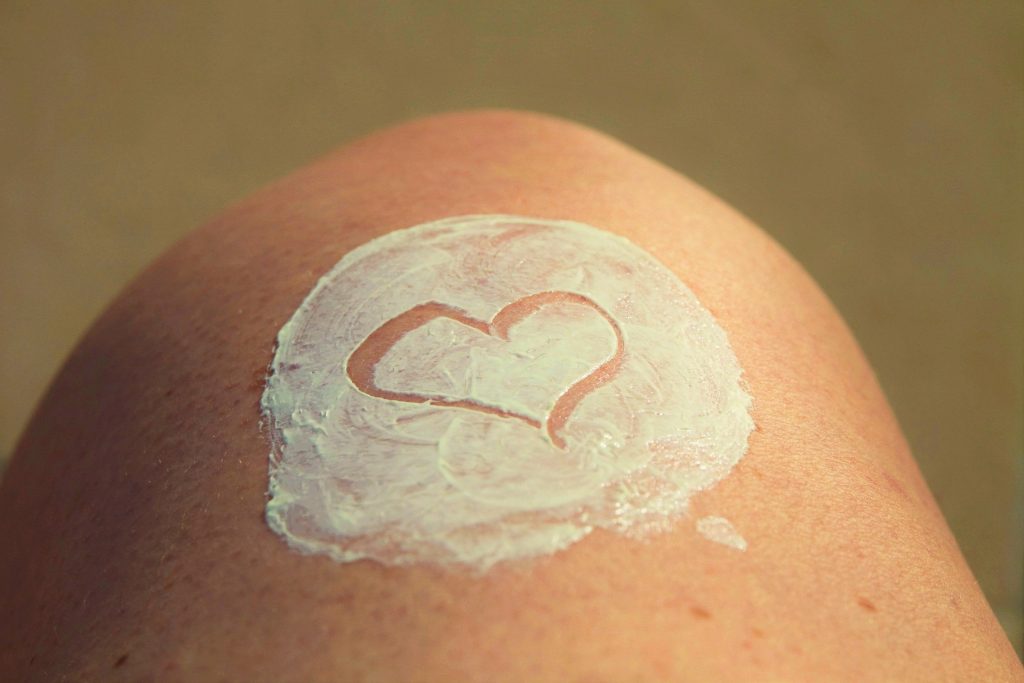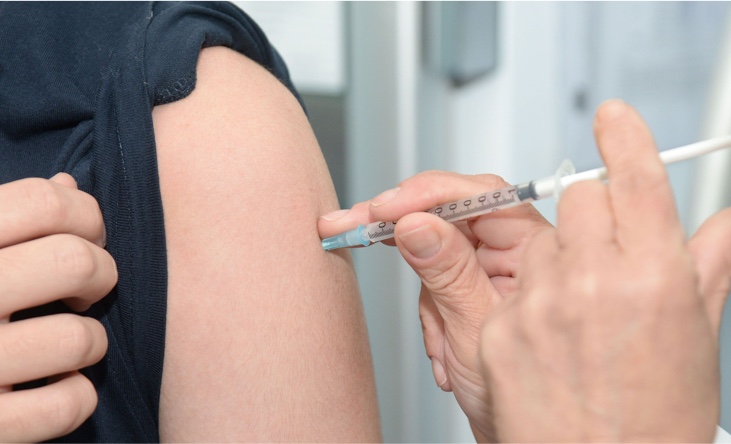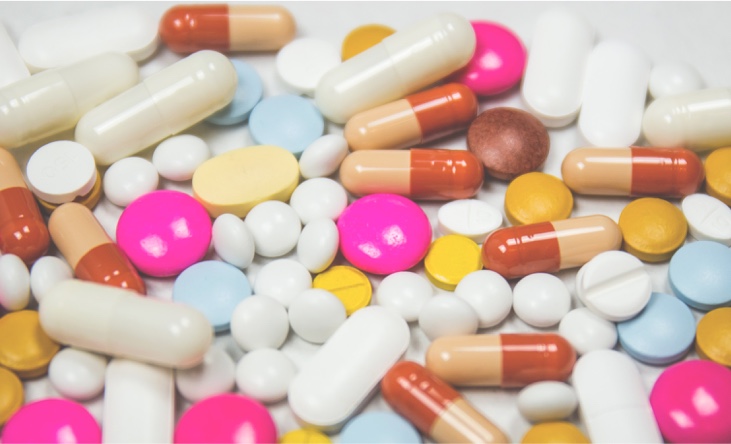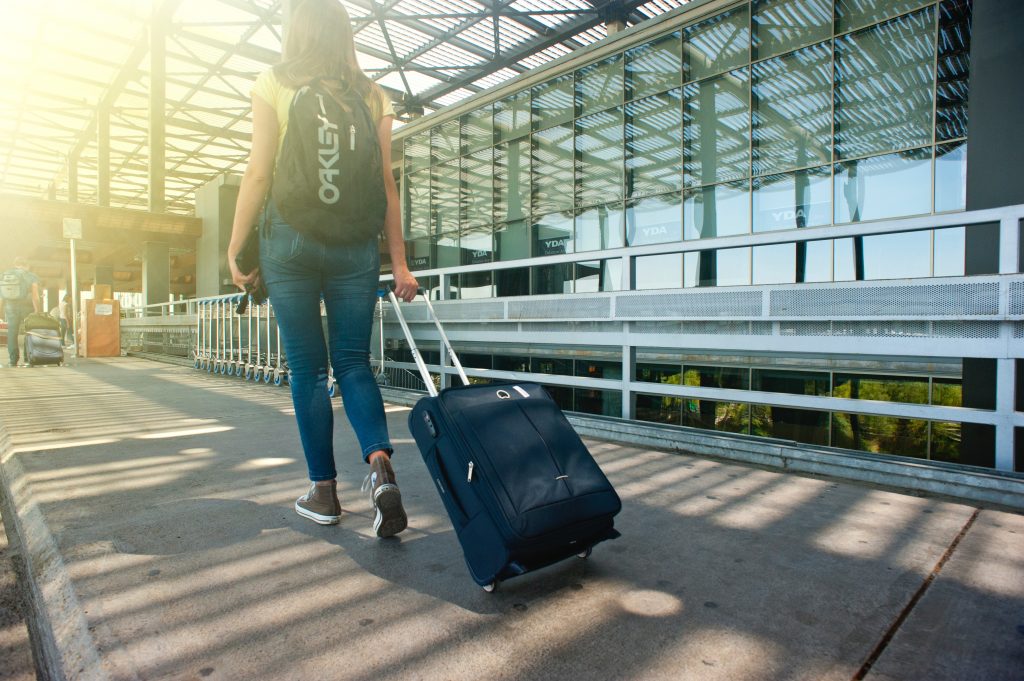8 Things You Should Know About Before Travelling
POSTED IN Travel Services
After your first day back at work from your winter vacation, you’re already planning your next vacation.
There’s never been a better time to start thinking about a spring trip backpacking across Thailand, Vietnam and Indonesia. Outside of the beautiful tourist attractions and the delicious foods, what’s often less talked about are the different diseases we can expose ourselves to during these travel adventures.
Here are 8 practical tips you should know about before heading out on your next vacation:
1. Apply mosquito repellent and sunscreen regularly.
Almost every destination we travel to carries two types of risks: infections that can be passed along by mosquitoes, and sunburns that can potentially lead to skin cancer. That’s why, it’s so critical to apply mosquito repellent and sunscreen regularly during your travels.
Mosquito repellents with at least 30% DEET or 20% Icaridin should be applied every 4 hours. Sunscreen should be applied 15 minutes before sun exposure and every 2 hours or after exposure to water/towel drying.
(Tip: Mosquito repellent can decrease the effectiveness of sunscreen, and therefore, should always be applied after sunscreen is applied. Sunscreen should be applied more regularly such as every hour to account for the reduced effectiveness).
2. Drink and use bottled water only.
Many resort destinations have contaminated water that can put us at risk of Traveller’s Diarrhea. Avoid using or drinking tap water, and ice made from tap water. Rather, you should drink pre-bottled water or water that has been boiled, filtered or treated whenever possible, and use it for brushing your teeth and rinsing your mouth.
3. Be picky with what you eat.

When travelling, stick with foods that are cooked and served hot, fruits and vegetables that you’ve washed using safe water or have peeled for yourself, and foods from sealed packages. To avoid foods that can potentially cause traveller’s diarrhea, avoid meats and seafood that are raw or undercooked, food served at room temperature, and raw, unwashed, or unpeeled fruits and vegetables.
4. Prepare for the worst (diarrhea).
Even when you take all necessary precautions for traveller’s diarrhea, there’s always the risk you can still get it. That’s why, it’s important to see your certified travel health provider to talk about medications you can carry with you to treat traveller’s diarrhea in the event you get it. It never hurts to pack Oral Rehydration Solutions (ORS), sometimes called electrolytes in your travel kit too. This is especially critical in situations where you may be experiencing diarrhea or vomiting that can lead to severe dehydration. ORS products can help restore your body’s fluid and electrolyte balance.
5. Make sure you’re up to date on all your vaccinations.

Every destination carries its own health risks, and it’s important for you to know what they are so that you can make informed decisions on how to prevent them both before and during your trip. These include all routine vaccinations you get as a child, such as Hepatitis B, Measles, Mumps and Rubella, and Tetanus, in addition to the specific travel vaccinations you might require for your itinerary.
6. Avoid medical procedures and tattoos when vacationing.
You can never be certain if establishments in other parts of the world follow the same standards we do when it comes to sterilization of equipment. Avoid taking the risk by avoiding these procedures altogether when traveling to other destinations.
7. Avoid animals whenever possible.

When travelling to foreign countries, stray animals can be common. Monkeys and stray dogs can be cute and might make for a great Instagram photo, but bites these animals can expose you to rabies, which can be life-threatening if not immediately treated.
8. Bring extra medications.

Be sure to bring enough medications for the entire duration of your trip and a week extra. Travel delays can happen and it never hurts to be prepared. Bonus points: talk to your pharmacist about bringing a list of all your medications and allergies and keep this with you at all times – you never know when this can come in handy.
At the end of the day, preparation is always key, and at Mint, we’re here to help. We know planning for a trip can already be overwhelming, and so our team certified travel health pharmacists are here to help.
Travel consultations can be booked through our website, our mobile APP (available on Android and iOS) or by calling the Mint Health + Drugs: Meridian Pharmacy + Travel Clinic directly.
We run appointments most days of the week and can even accommodate travellers who are leaving on short notice.
RESOURCES
- https://wwwnc.cdc.gov/travel

